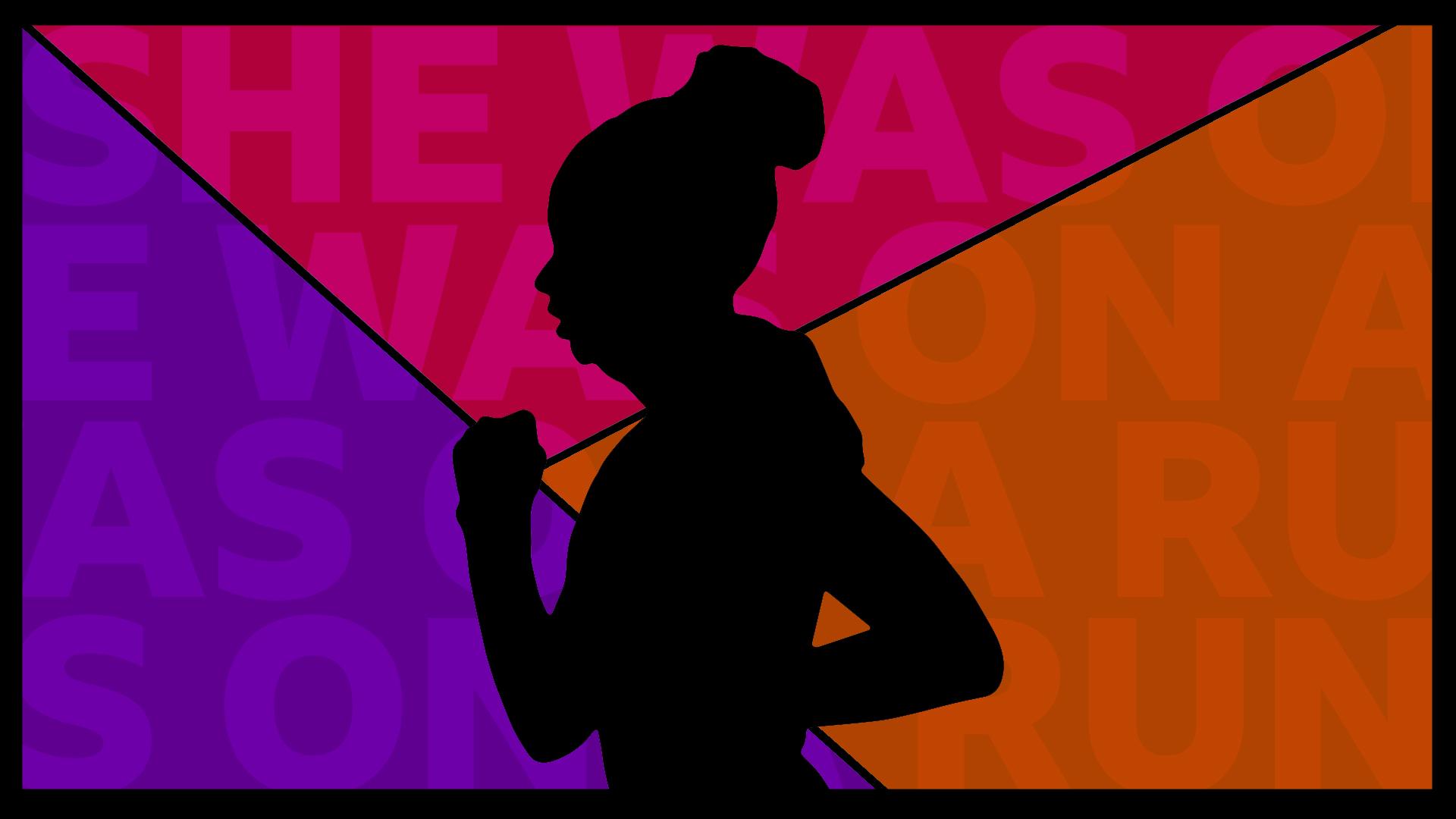Catcalls and being followed: Why I’m scared to run
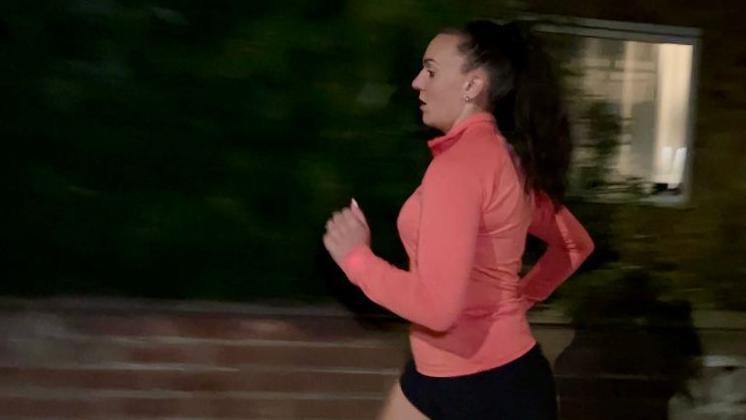
Natalie Bell says she regularly experiences abusive comments while out running – especially now the nights have drawn in
- Published
It is 7pm and after a busy day that means one thing: time for my evening run.
I put on the hi-vis, turn on my head torch and set my smartwatch.
But before I head out of the door, I have a very important task – a message to my husband.
I tell him the exact route I’ll be running and the time I'm likely to be home.
It should not have to be part of a woman’s routine, but this is the grim reality – especially at this time of year.
Verbal abuse, wolf whistles, beeps from cars and inappropriate comments. As a female runner, it almost feels normal.
I have spoken to many who say they regularly experience abuse, especially when the nights draw in.
One of my most daunting experiences was when I was followed by a group of men in a car.
One of them wound the window down and shouted. The car then followed me.
I’m just glad it happened close to where I live, as all I wanted to do was get home.
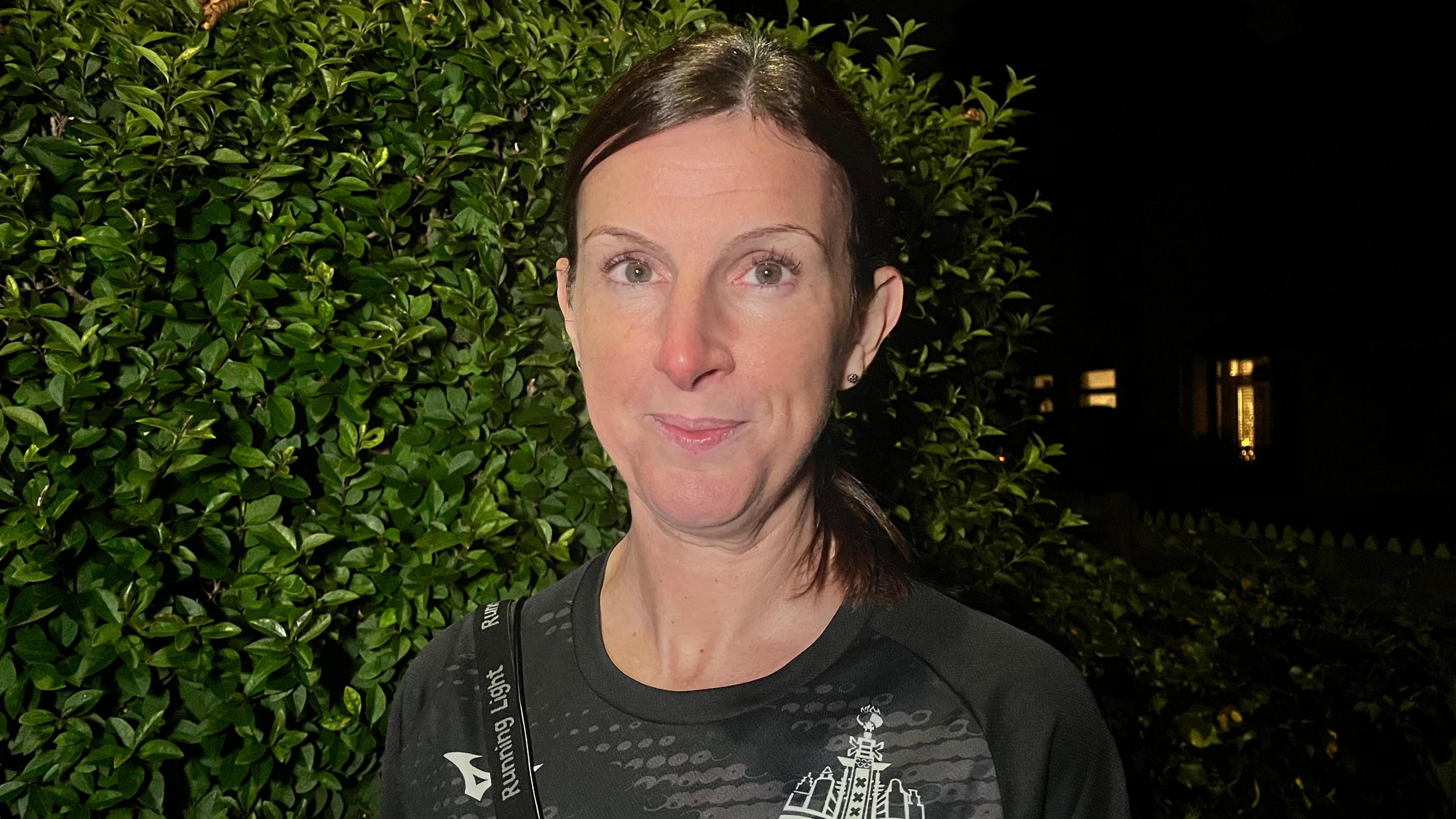
Jeannine Ursell is doing more group running because she feels uneasy about going out alone
On other occasions, people have run alongside me to try to intimidate me. They would not do that to my male running friends, or if I was in a group.
Jeannine Ursell, from North Ferriby, East Yorkshire, says she gets beeped at and shouted at by people in cars and vans.
"They’re usually commenting on my appearance, my looks or my body and it can make me feel really intimidated.
"When it gets darker, around dusk, is probably the worst time. I go out running because it gives me head space, but this gets in the way.
"I’ve got friends who won’t go out running and have taken to the treadmill in the gym, which I think is quite sad.
"I’m doing more group running because I wouldn’t particularly want to go out on my own.”
Gemma Stephenson, also from East Yorkshire, fits in her runs around her full-time job and young children, which means going out early in the morning or after work.
"It is dark and I live in a village where it is quite rural, so I do find it a lot more uneasy when I go running in the dark," she says.
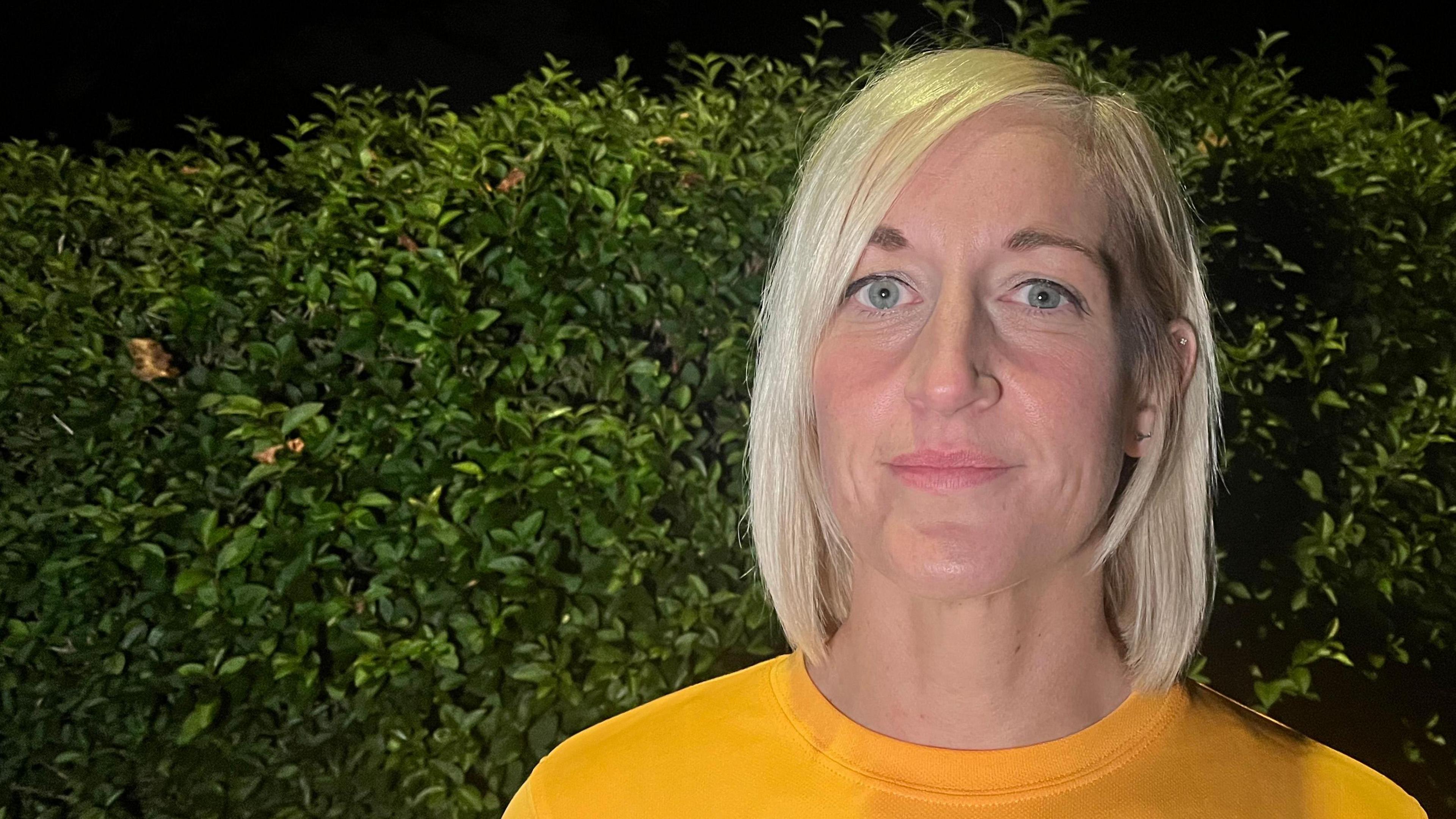
Gemma Stephenson always lets her husband know her route
Thanks to a smartwatch, her husband can track her, but it means she has to plan her routes in advance.
"I always carry my phone in case of an emergency, and I have run early in the morning holding a torch.
"It can be used as a light, but also as a means of protecting myself if I need to.”
Melissa Hawkes, from Lincoln, has joined a new local running group, Just Run Community, in order to run with others and feel more safe.
I joined her on a run in North Hykeham, to the south of the city.
“There’s a good running group here and having that community and other people to run alongside is great," she tells me.
"It helps us to stay together, feel safe. People have shouted at me, people have commented on my running, I get comments about the clothes that I’m wearing, parts of your body that they shouldn’t be saying anything about.
"It does make me think about the routes that I choose and whether I am safe.”
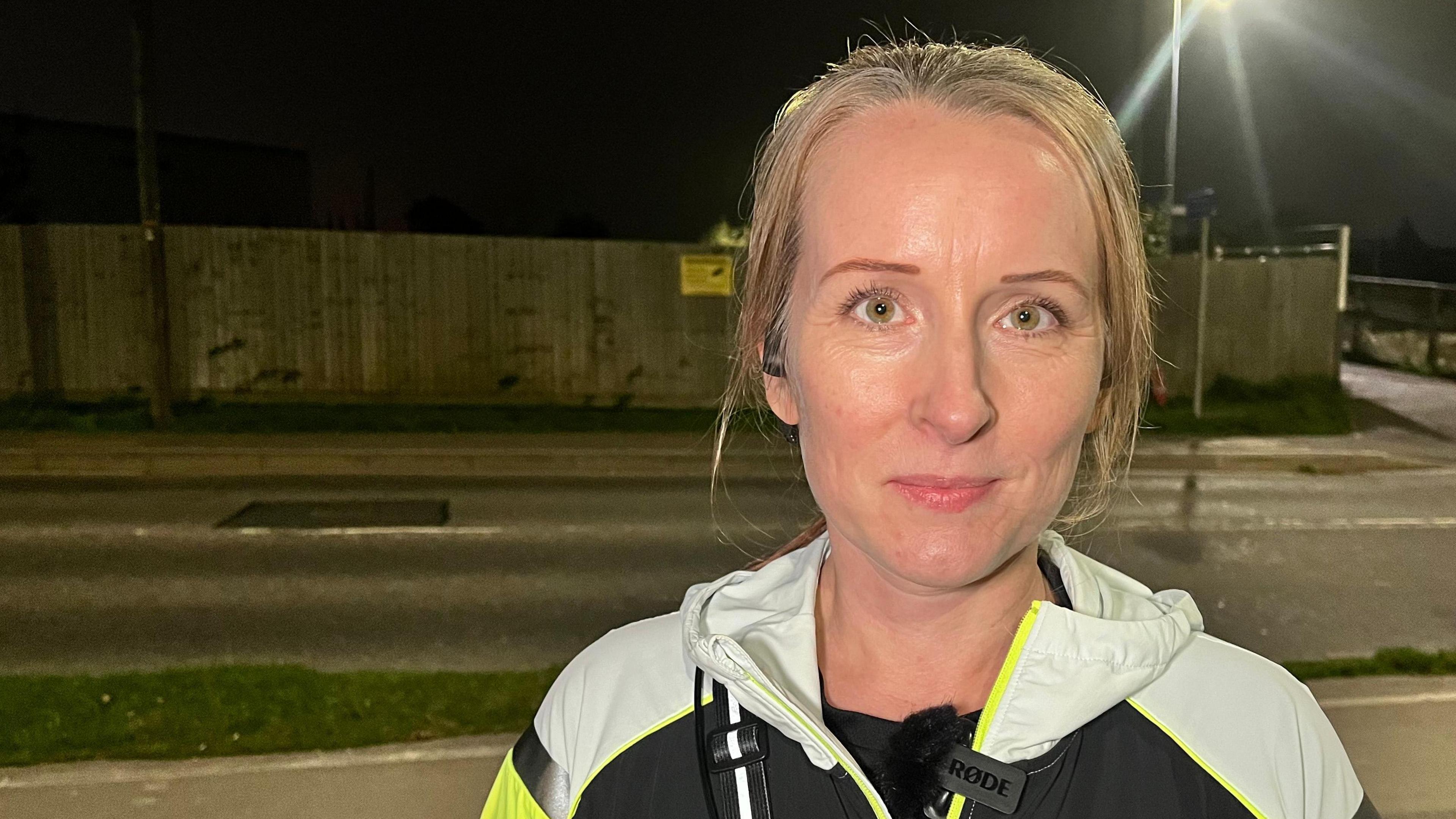
Melissa Hawkes uses a tracking app so family and friends know where she is
All three runners say those aiming comments at women should think about the way it makes them feel.
“It’s not something that is going to change overnight, I think it’s something culturally we have to change," Melissa says.
"We have got to teach those around us that it is not appropriate to say these things to people who are just trying to better themselves and doing something that they enjoy.”
Figures published by This Girl Can, a campaign set up by Sport England to support women to be active, show nearly three quarters (72%) change their outdoor activity routines during the winter months.
Earlier this year, the University of Manchester found just over two thirds of women (68%) had experienced abuse while running, but very few incidents had been reported to the police.
What the police say
Lincolnshire Police and Humberside Police both say tackling harassment and improving women’s safety is a “priority”.
A spokesperson for the Humberside force told the BBC: “Unsolicited and unwanted comments, gestures, wolf-whistling or ‘catcalling’ can cause distress and offence to victims and we would encourage anyone affected to report it.
"We are working closely with local running groups to understand the concerns... and to offer them appropriate support.”
A spokesperson for Lincolnshire Police said women and girls should be able to "feel safe and be safe", "free of fear and harassment".
"We continue to take opportunities to highlight the issue with, for example, videos created in partnership with Lincoln College and a behavioural change campaign targeting male behaviour."
The force said it encouraged runners to use the StreetSafe website, external and app to highlight areas where they felt unsafe.
"The information we collate allows us to work with partners to make improvements,” the spokesperson added.
Listen to highlights from Hull and East Yorkshire on BBC Sounds, watch the latest episode of Look North or tell us about a story you think we should be covering here, external.
Related topics
- Published29 October 2024
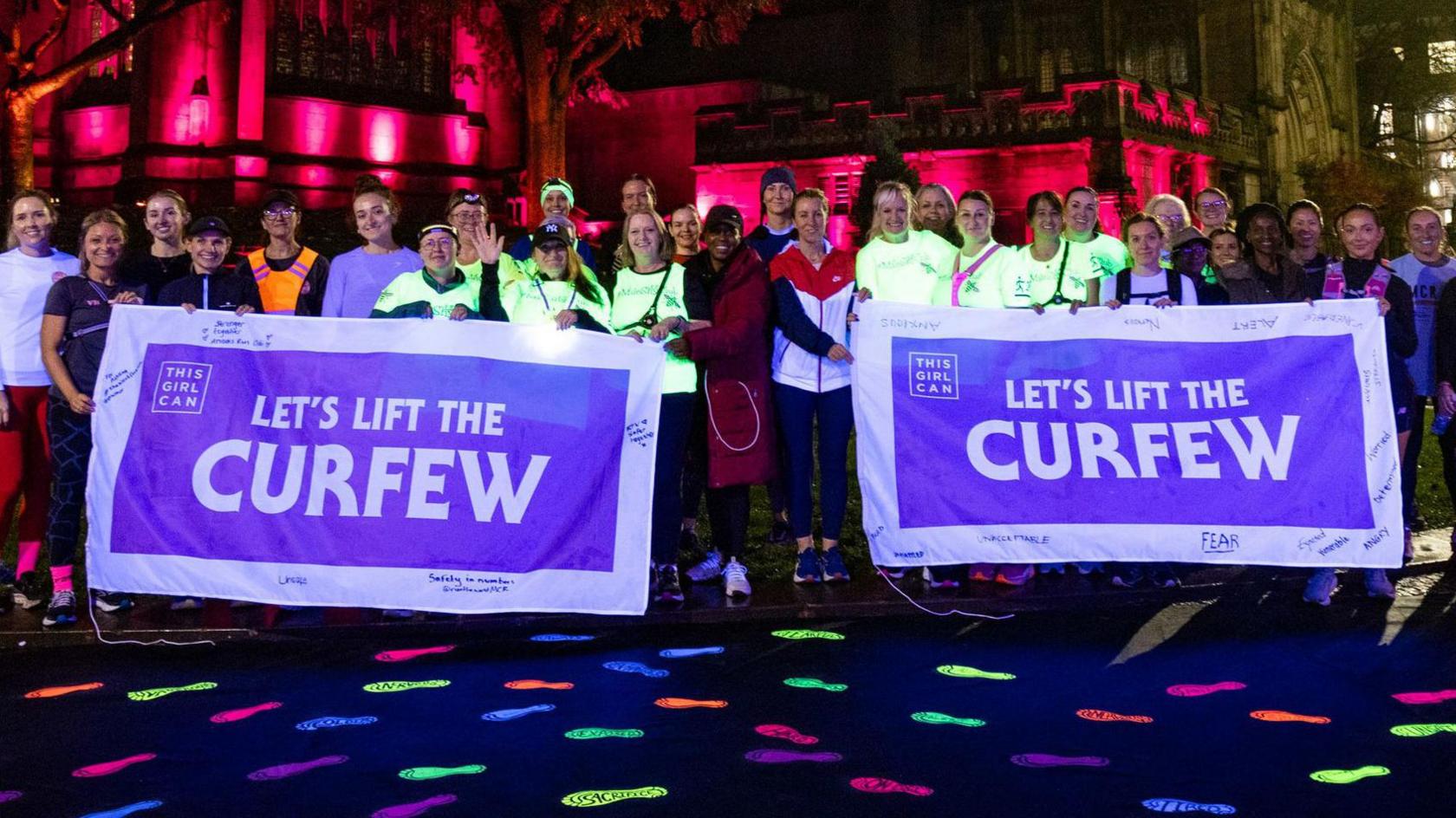
- Published15 November 2023
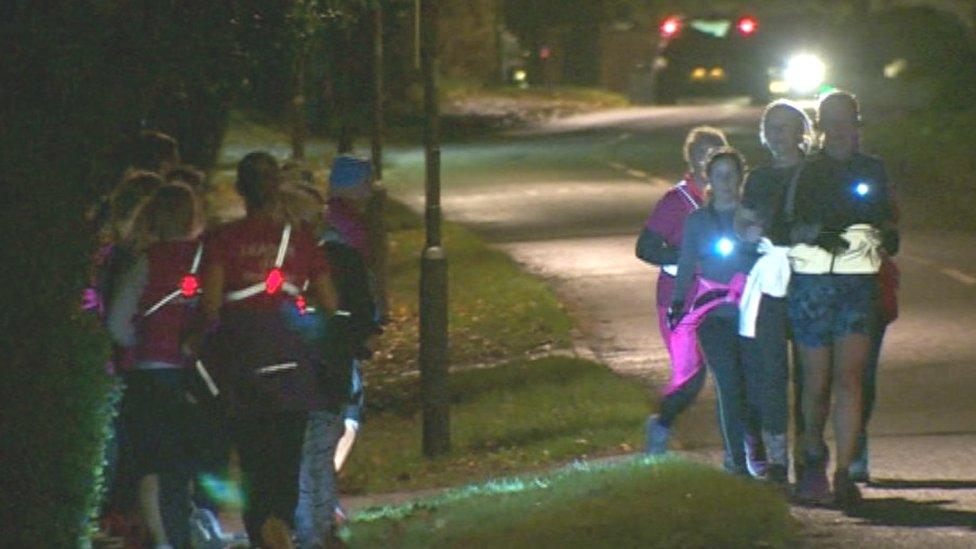
- Attribution
- Published10 March 2022
